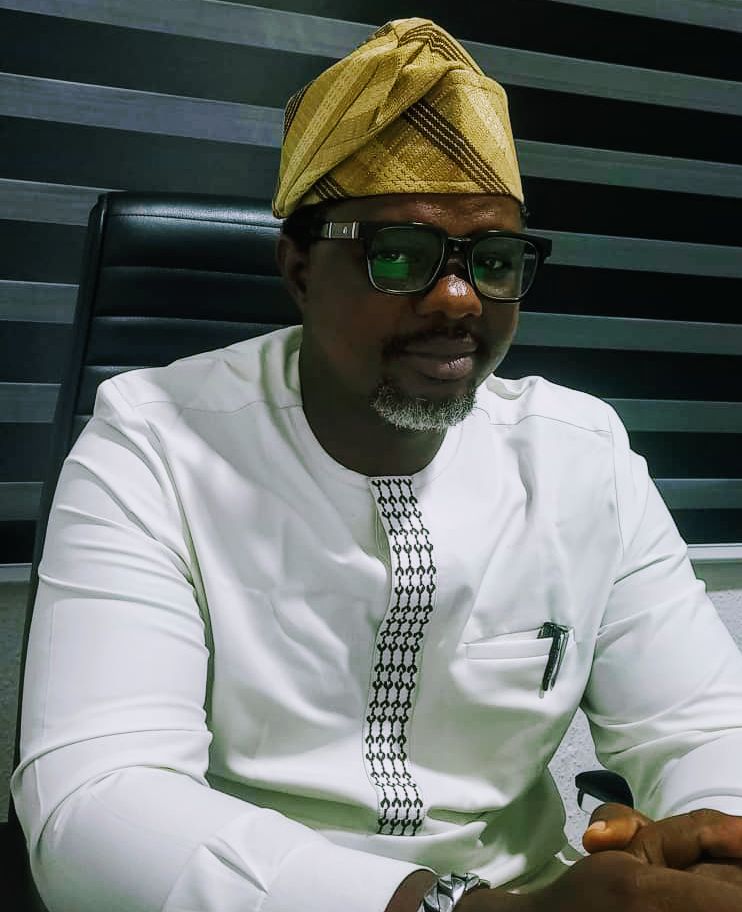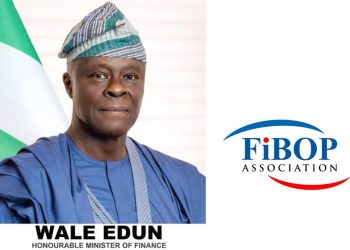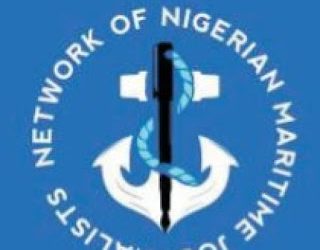Customs, Agencies Must Consult More with Stakeholders for Better Policies in Maritime – Dr Mustapha
Dr Azeez Mustapha, Managing Director of AZ Logistics, a leading logistics company in the maritime sector, has emphasised the necessity for the Nigerian Customs Service (NCS) and other regulatory bodies to engage more closely with industry stakeholders. He made this assertion during his address at the Congress of Nigerian Maritime Media Practitioners (CONMMEP) monthly roundtable forum in Lagos.
He urged agencies to seek collaborative opportunities and gain deeper insights into the unique challenges faced by the industry. “The regulator must engage with the real players and stakeholders in the maritime sector—those who understand the problems and can discuss viable solutions. However, regulators tend to consult only among themselves. I previously advised the former Minister of Transportation, Rotimi Amaechi, that when suggestions are presented to the government, they often get buried, and this must change. Policy should be informed by the input of genuine industry players.”
Dr Mustapha added, “Improvement is a personal journey. When you seek to enhance yourself, you can then improve society. Before the ports concession in 2006, we were burdened with excessive paperwork. Today, we benefit from seamless operations facilitated by technology, though bottlenecks with government agencies remain.”
He expressed frustration over the lack of government responsiveness, stating, “We continually offer ideas to the government, yet someone somewhere often disregards these solutions, leading us back to the status quo. This situation reflects a broader government failure. When the government falters, all associated entities suffer. Shipping lines exploit this environment to extract maximum profit from the industry.”
Speaking on recommendations for overcoming logistical challenges, he recounted a successful shipment for one of their clients: “We managed a consignment from Nigeria to Singapore, which was cleared before the flight even arrived. Upon landing, it was delivered directly to the consignee. The client was initially sceptical until we provided proof of delivery documentation. They were pleasantly surprised, having expected a four-day wait. This level of efficiency is what we strive for here, but it is challenging in Nigeria, where every government agency seeks to extract fees from each container, leading to unnecessary delays.”
Addressing issues of insecurity, Dr Mustapha explained how his company adapts to ensure customer satisfaction: “In insecure areas like South Sudan, we collaborate with partners and agents to facilitate seamless operations. We often work with reputable insurance providers, sometimes based outside Nigeria. We also deliver to the northern regions of the country. As long as the client can cover the costs, we will ensure delivery. It is a challenge, but we navigate it through our partnerships.”
Credit; Bolaji Israel



















